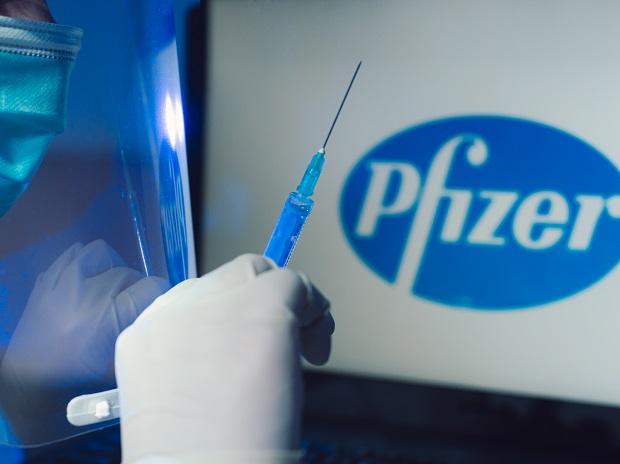
Pfizer fights to control secret of $36-billion Covid-19 jab recipe
Last Updated on January 19, 2023 by Admin
[ad_1]
Two of the most powerful figures in the fight against the pandemic faced off in July during a closed-door virtual summit on how to get more vaccines to the world’s poorest people.
Tedros Adhanom Ghebreyesus, the director-general of the World Health Organization, called out a “shocking imbalance” in the supply of vaccines. He said it was unacceptable that manufacturers pursuing the highest prices had overwhelmingly supplied rich countries—and now were pushing booster shots for the same wealthy few—according to a half-dozen people who were listening. “Honestly I’m not seeing the commitment I would expect from you,” Tedros told the vaccine developers on the call.
Pfizer chief executive Albert Bourla, whose company’s miracle shot has inoculated more than a billion people, responded, saying Tedros was speaking “emotionally.”

In recent months, Pfizer has begun to ramp up vaccine deliveries quickly outside the richest nations. By the end of the year, it expects that figure to reach 1.1 billion doses out of some 3 billion produced.
Yet there is one point on which the Pfizer CEO won’t budge: his vaccine’s secret formula. Countries led by India and South Africa have been pushing a proposal at the World Trade Organization to waive intellectual-property rights for Covid vaccines and treatments. Bourla, who has called IP rights the “blood of the private sector,” has been the most outspoken among fellow CEOs in resisting calls to share his technology.
The secret formula that Bourla is protecting is much more complicated than a simple recipe. Pfizer’s shot has more than 280 materials made by suppliers in 19 countries, many of which are protected in one form or another. For a manufacturer to produce a vaccine, it would have to negotiate multiple licenses to waive protections on everything from lipids to mRNA strands and trade secrets used in the manufacturing process. The waiver proposal could in theory do that in one go.
The threat of such a comprehensive waiver moved some producers to raise the issue during vaccine sales talks. In South Africa, Pfizer and Johnson & Johnson pressed officials to drop the country’s waiver campaign during months of talks over terms of a supply contract, according to two people familiar with the discussions. Bloomberg first reported the demands in April. Both drugmakers declined to comment on questions about those negotiations with the country.
Supplies to some low- and middle-income countries were also delayed by company demands to be shielded from any liabilities associated with the vaccines. While all vaccine developers asked for some kind of indemnity protection, Pfizer stood out by asking nations to renounce legal recourse against it for any negative consequences of the vaccine, including manufacturing errors or negligence, according to interviews with half a dozen officials and a review of documents and contracts.
Those demands, made of countries including Argentina, Brazil, Colombia and India, sought legal immunity similar to the sort Pfizer enjoys in the US. In Colombia, the company also asked the government to waive sovereign immunity, the international framework under which nations are largely exempt from prosecution and lawsuits, and demanded disputes be governed by New York State law.
Pfizer said in a statement that it seeks indemnity and liability protections in all its agreements, and that the company has requested sovereign immunity waivers so that it has the ability to enforce contracts.
 Dear Reader,
Dear Reader,
Business Standard has always strived hard to provide up-to-date information and commentary on developments that are of interest to you and have wider political and economic implications for the country and the world. Your encouragement and constant feedback on how to improve our offering have only made our resolve and commitment to these ideals stronger. Even during these difficult times arising out of Covid-19, we continue to remain committed to keeping you informed and updated with credible news, authoritative views and incisive commentary on topical issues of relevance.
We, however, have a request.
As we battle the economic impact of the pandemic, we need your support even more, so that we can continue to offer you more quality content. Our subscription model has seen an encouraging response from many of you, who have subscribed to our online content. More subscription to our online content can only help us achieve the goals of offering you even better and more relevant content. We believe in free, fair and credible journalism. Your support through more subscriptions can help us practise the journalism to which we are committed.
Support quality journalism and subscribe to Business Standard.
Digital Editor
[ad_2]
Source link




